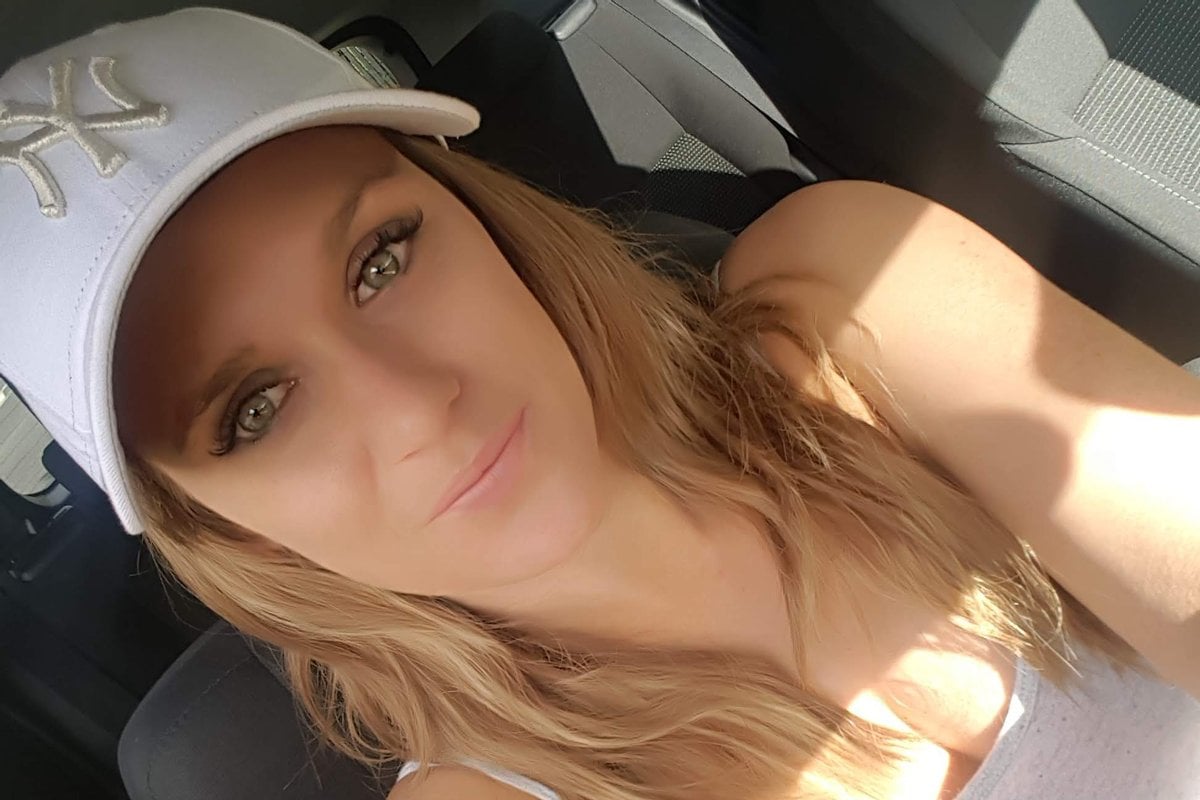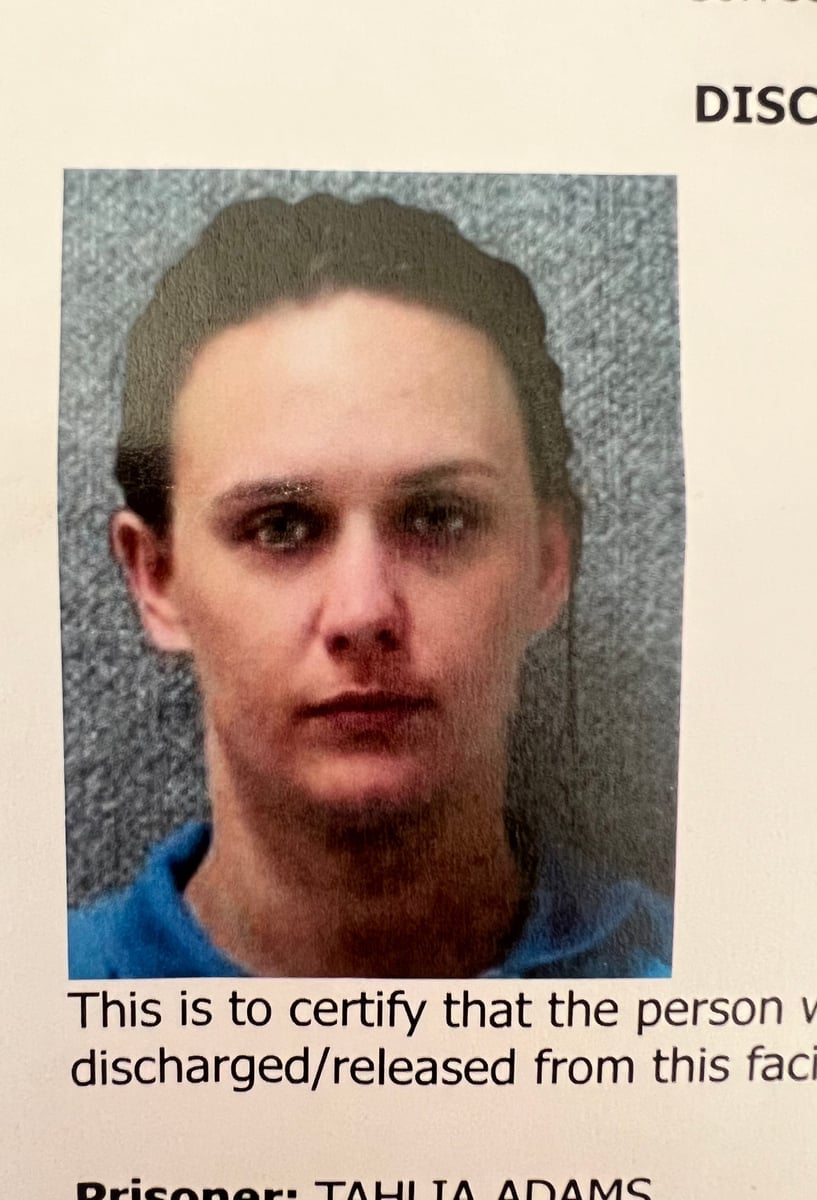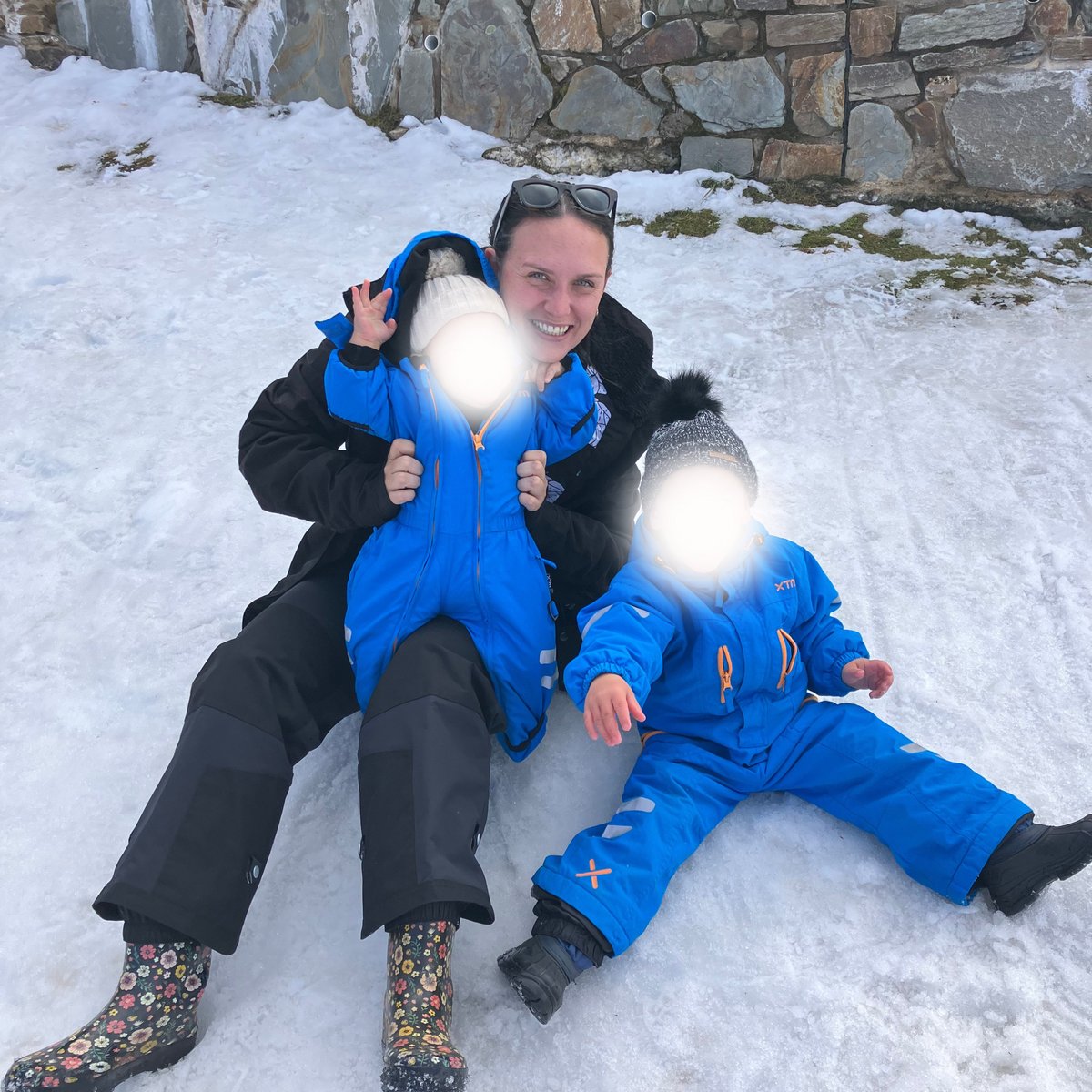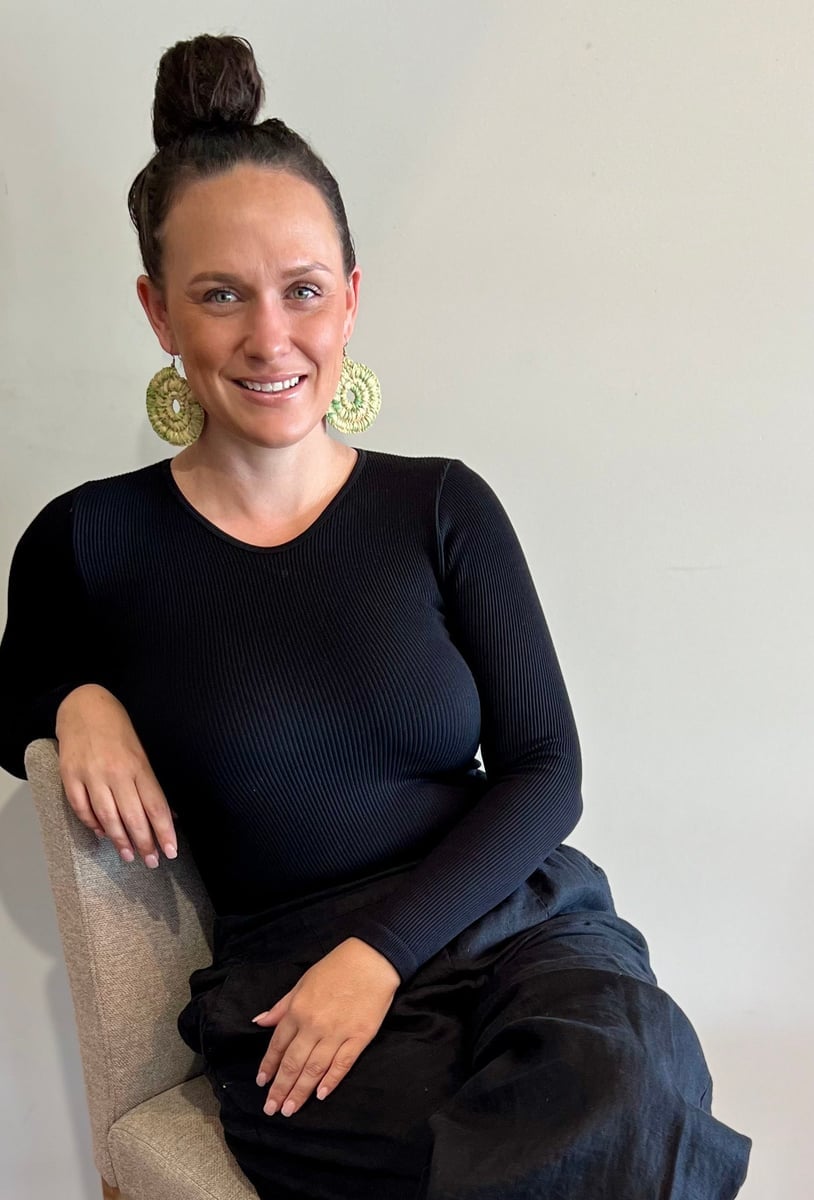
This story mentions drug abuse and domestic abuse.
Writing about my experience, and sharing my story, used to terrify me. I was afraid of the judgement, and what people would think of me, but now I've realised that if I don't speak up, then nothing will change. And I am ready to challenge the 'addict' and 'criminal' labels that I have been brandished with.
Growing up, I was always the kid in class with her hand up ready to answer the question. First to finish exams and always did my homework—an A (sometimes B) student. In primary school, I was labelled the "goodie two shoes". In high school, I was "too loud" or "annoying". I never felt like I fit in, never felt good enough, and certainly never felt cool enough. Always craving acceptance, I constantly adapted my personality, hoping to finally fit in.
Watch: Hollywood actor Jamie Lee Curtis on a life nearly lost to addiction. Post continues after video.
My sense of self, belonging and relationship with the world around me was fragile. Whenever I went through a breakup, it would send me into a tailspin, the rejection was more than I was emotionally capable of handling.




Top Comments